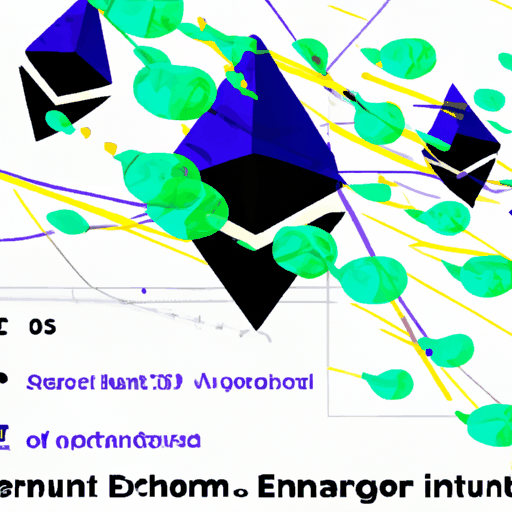
Ethereum Witnesses Surge in Validator Numbers and Blobs Transaction Fees
By: Isha Das
The Ethereum network has experienced a surge in validator numbers, nearing one million, leading to an enhancement in the blockchain's security. The validators have collectively staked 31.36 million ETH, which represents about 26% of Ethereum's total supply. The majority of these validators staked their assets through the liquid staking platform Lido, accounting for approximately 30% of the staked ETH.
Concurrently, Ethereum's 'blobs' transaction fees saw a considerable surge following the introduction of 'BlobScriptions' by Ethscriptions. The fees spiked over 10,000%, climbing nearly to $300. However, the fee eventually subsided to approximately $6.57 or 13.97 gwei.
BlobScriptions are a type of transaction that allows users to inscribe NFT-like assets onto Ethereum's blobs. The introduction of BlobScriptions led to significant congestion in blob transactions, resulting in fierce competition for space within Ethereum blocks. Such asset inflation has raised concerns about potential surges in layer2 network transaction fees.
Amid these developments, Ethereum co-founder, Vitalik Buterin, has proposed a plan which seeks to improve Ethereum's staking mechanism. The proposal suggests imposing penalties on validators proportionate to their average failure rates. Additionally, Buterin recommended stricter penalties for simultaneous failures among multiple validators controlled by a single entity.



